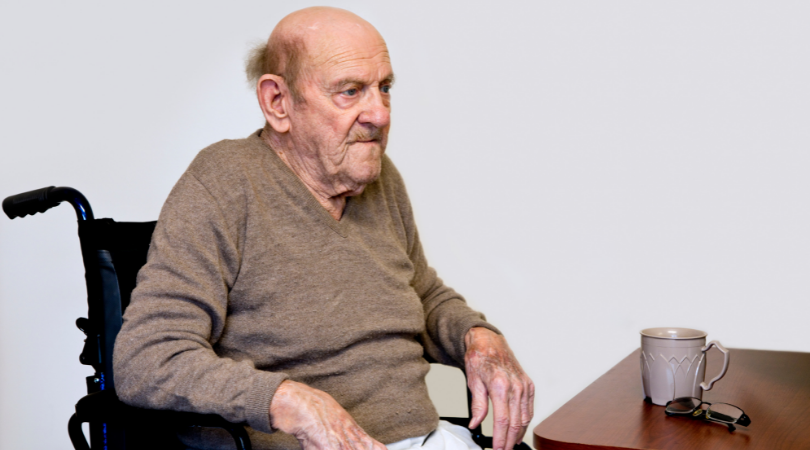How Do Changing Seasons Affect Dementia Patients?

When we turn our clocks back and days get shorter, many of us feel disoriented and mourn the loss of daylight. But for patients with dementia, the effects can be profound. A symptom called sundowning, which relates to increased agitation or confusion among men and women experiencing dementia, is common and disruptive. And as we usher in the colder months, sundowning can get worse.
If you or a loved one suffers from dementia, it’s important to know how the changing seasons can impact mood and behavior.

Seeing the Signs
It’s not unusual for seasonal changes to cause seasonal affective disorder (SAD), but for patients already facing cognitive disturbances, the effects are much more severe. Any change in season or routine can be disturbing to a person with dementia, but the transition that comes with Daylight Savings Time (DST) is particularly impactful.
“You may notice a range of signs. Sundowning usually happens in the late afternoon or evening. When the colder months are approaching, we see a big increase,” said Ashley McNally, RN, a site educator for Crossroads Hospice & Palliative Care.
Symptoms include:
- Sleep disturbance
- Confusion
- Wandering
- Depression
- Increased agitation, irritability
Fortunately, these symptoms are temporary, and cognitive function is generally restored in the spring season.

How to Handle Changes in Mood
The time change may be out of our control, but as a caregiver, there are several ways to handle the effects it has on patients with dementia.
In general, it’s important for men and women with dementia to keep a stable routine. If your loved one is used to going to bed at 8:00 pm, you should still continue that routine.
“The important thing is to keep the patient comfortable in the late afternoon and early evening. Keeping a calm environment close to sunset can tackle sundowning,” said Ashley. “You can engage in an activity they enjoy or listen to soothing music. But keep the routine steady so that they know, when you’re doing these things, it’s time for bed.”
Spending time outside can also improve mood and promote sleep. Sunlight helps to increase Vitamin D levels and helps to regulate melatonin levels for sleep. A walk around the block during the day — or even a cup of tea on the patio — can help boost your loved one’s day and make for a more restful night.
Crossroads provides support to patients with dementia and their families. Call 1-888-564-3405 to learn more about hospice eligibility requirements for individuals with dementia.
If you found this information helpful, please share it with your network and community.
Copyright © 2021 Crossroads Hospice & Palliative Care. All rights reserved.




